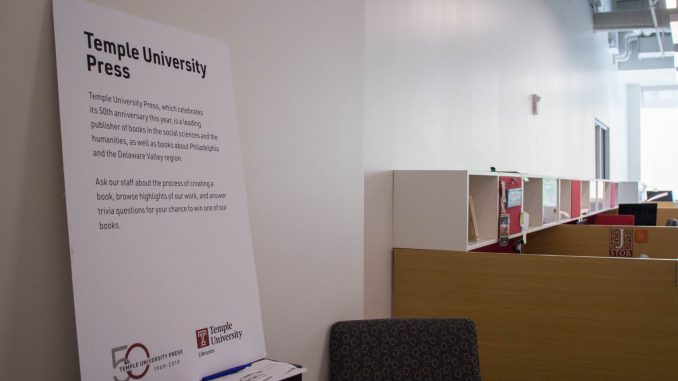
Racism never had a direct effect on Kathryn D’Angelo’s life, but when she adopted her son, she knew she would have to confront it.
D’Angelo and her husband are both white and their son is Black.
“Unlike parents who buy into the colorblind, post-racial ideology, [my husband] and I definitely had to confront head-on the reality that we would have to equip our son for an experience that is far more complex than anything we experienced,” said D’Angelo, assistant vice president of administration and planning.
Valerie Harrison and D’Angelo wrote “Do Right by Me: Learning to Raise Black Children in White Spaces,” after being inspired by their friendship and Harrison’s role in connecting D’Angelo’s son to Black culture. The book, which will be available in paperback and e-book on Nov. 27, is nonfiction and provides guidance to white parents raising Black children through the lens of intimate conversations between Harrison and D’Angelo.
“We initially thought it was for white parents of Black children, it turned out that the research, the stories, the information has a broader application,” Harrison said. “It is helpful for anyone who is involved in the life of a Black child.”
In the book, D’Angelo mentions her privileges in her life, like speeding while driving, questioning authority or trespassing as a child, since she is not fazed by consequences due to her race.
“Her whiteness allowed her actions to be seen as the normal testing of boundaries or maybe even a temporary lapse in judgment,” Harrison said. “But never as criminal behavior or as dangerous.”
They also discuss Harrison’s involvement in raising D’Angelo’s son, exposing him to Black culture, like attending traditional Black churches. These stories add humor to the heavy subject matter allowing readers to laugh about differences in culture and race, Harrison added.
The book provides parents with tools on how to raise Black children who grow up in conditions created by the “neglect of African American achievement,” said Molefi Kete Asante, chair of the Department of Africology and African American studies.
“This book creates an impressive array of mechanisms that can be used by ordinary people to affect the teaching of Black children who live in the oppressive conditions that’s been created by racism, by historical invisibility, by images of brutality, and by an overwhelming trait or characteristic,” he said.
After speaking at conferences on race and racism, Harrison noticed a trend with white parents expressing concerns on building a diverse community for their adopted children.
She included research on the implications of race and racism in America coupled with her personal experiences as a Black woman, she said.
“People today really want to move away from a general understanding of racism to really understanding how racism impacts the lives of Black people even today across socioeconomic lines, so they are now equipped to come up with real solutions and do some meaningful work,” Harrison said.
Their book will be published by Temple University Press, a decision influenced by Harrison and D’Angelo’s personal and professional connection with Temple.
Ryan Mulligan, an editor at Temple University Press, worked with Harrison and D’Angelo during the editing process. D’Angelo said the university press would preserve the book’s authenticity.
“They felt as if Temple University’s Press and I understood what they were going for and how to preserve what is most important to their book,” he added.
Harrison and D’Angelo hope to highlight how the reality of racism is not new, but want to reach a new audience with their story, Harrison said.
“The story and truths are not new, they have been told for generations, but we are hoping that by wrapping it in this story, we reach an audience that might not have been reached before,” Harrison said.



Be the first to comment